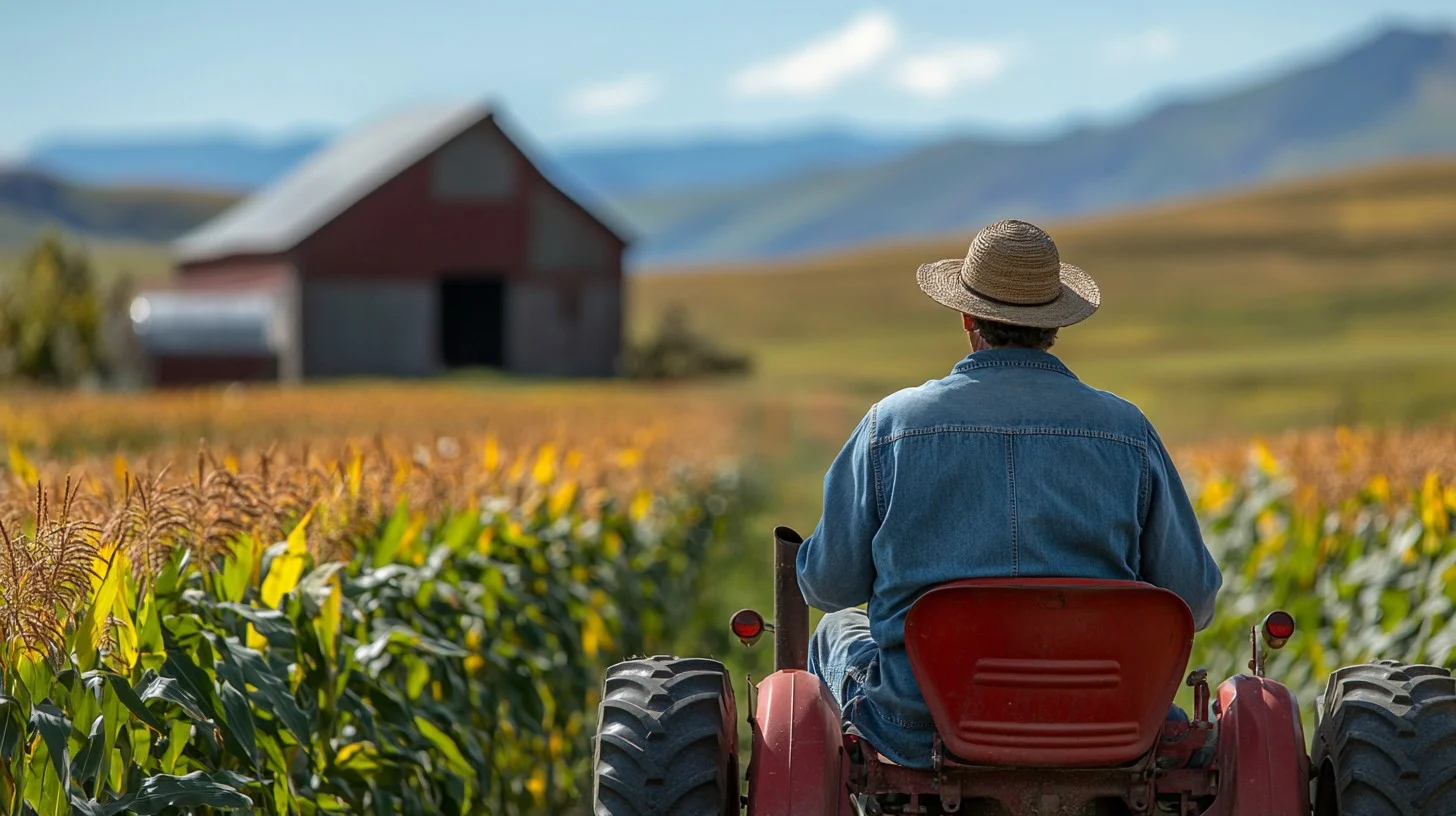
Mastering Inheritance Tax: Key Changes and How They Benefit Farmers
Chancellor Rachel Reeves announced multiple changes to the inheritance tax rules in November 2024. The announcement was made during the Budget and is expected to raise almost an additional £2bn each year. Currently, the government collects around £7bn each year from inheritance tax.
One of the most controversial changes was the introduction of a tax on inherited agricultural properties valued above £1m, which has sparked anger among farmers.

What is Inheritance Tax?
Inheritance tax is a tax applied to an individual’s estate — including property, money, and possessions — when they pass away and leave it to their beneficiaries. Currently, the tax rate is 40% on the estate value above a threshold of £325,000. For example, if the estate is worth £355,000, inheritance tax will apply only to the £30,000 that exceeds the threshold.
The tax must be paid within six months of the person’s death. If it’s not paid within this time frame, interest is added as a penalty.
What Percentage of People Pay Inheritance Tax?
Currently, inheritance tax is paid on about 4% of estates in the UK, which translates to roughly 27,800 estates each year.
According to predictions by the Institute for Fiscal Studies, by 2032, nearly 7% of estates could be liable for inheritance tax.

Inheritance Tax: Exemptions and Allowances
There are multiple exemptions and allowances when properties are inherited. These include –
- Properties and estates worth less than £325,000. The value is not fixed till 2030.
- Properties and estates that are passed on to a spouse or an official/civil partner.
- Properties and estates that are left to charities or community sports clubs.
Other notable allowances include –
- The threshold increases to £500,000 if the property is inherited from a parent or grandparent.
- Transfer of properties and estates between spouses or civil partners is also tax-free. This means that the surviving partner inherits the unused allowance of their partner automatically.
In other words, an estate with unused allowance benefits the partner or spouse. When they pass the property to their children or grandchildren, inheritance tax does not come into play. This is especially applicable for properties under £1m.
Changing Rules for Farmer Family
Now, for the first time, starting April 2026, inheritance tax will charged on agricultural assets inherited. The assets should be valued at more than £1m.
Historically, family farms, especially small-sized farms, have been handed down from one generation to another. These farms typically include land for agriculture or raising domesticated animals. The assets include houses, cottages, and farm buildings.
The rules have changed now. Like other standard assets, on inherited farms, the inheritance tax is not applicable on the first £325,000. 20% tax is charged on values higher than this threshold limit. The tax percentage on family farms is half of the usual rate, which is 40%.
There are also concessions. For example, married farmers can pass the farms to their spouses and the primary residence to their children and grandchildren without incurring any tax. For a farming couple, the total untaxed amount can be around £3m.
The introduction of this change has sparked mixed reactions from the government and farming organisations. While the government claims that only the richest 500 farms will be affected, the National Farmers Union (NFU) and the Country Land and Business Association (CLA) argue that over 70,000 farms could be impacted. As a result, many in the farming community feel betrayed, leading to widespread protests.
What other Inheritance tax-related changes were announced in the Budget?
Several other changes were introduced, including the inclusion of inherited pensions in inheritance tax calculations starting in April 2027. Additionally, AIM (Alternative Investment Market) stocks within estates will now be subject to a 20% inheritance tax rate.

What about money given as a gift to kids before death?
You can give as much as £3,000 every year without paying any tax. This is the annual exemption on money given as gifts to kids. If the exemption is unused for one year, it can be carried over to the next year, with a maximum limit of up to £6,000.
If you can prove that the money as a gift was given from your income instead of your savings, you will not need to pay any inheritance tax. Money given as wedding gifts also attracts some exemptions.
If the amount is huge and the individual dies within seven years, then the amount can become a part of the calculations of inheritance tax.
What happens if a trust is set up?
Setting up a trust is a good way of reducing inheritance tax. Parents can establish a trust in their child’s name. This means that the asset does not belong to parents anymore. Parents have the option of setting up different types of trusts. The rules are complicated, too. If you have any questions, you can speak with experienced accountants at Cangaf Ltd.


